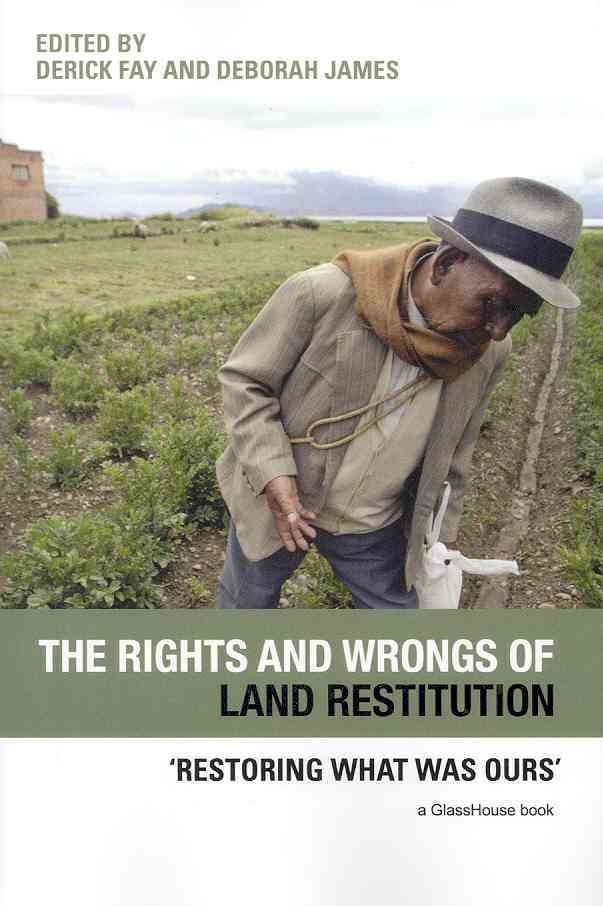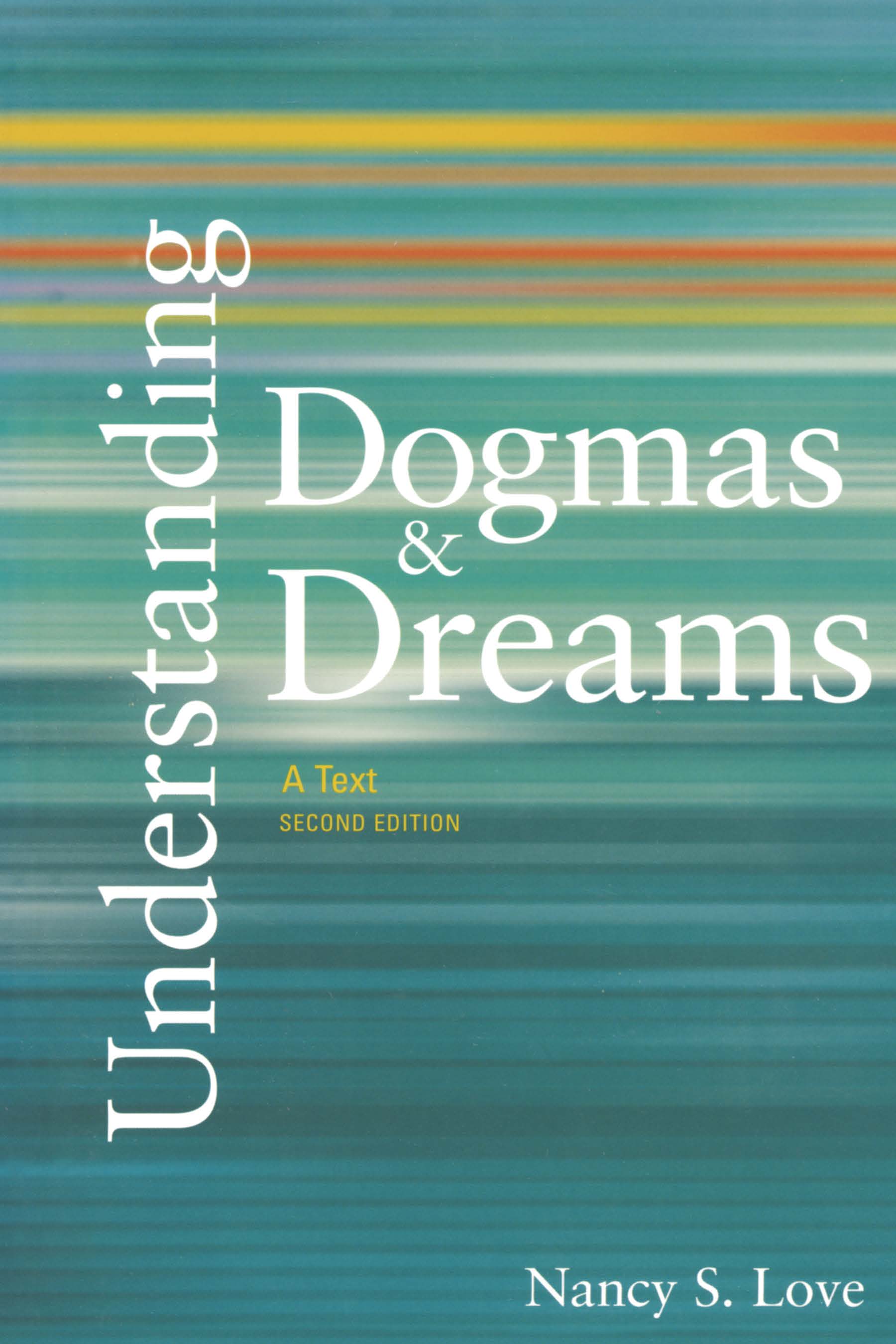The Rights and Wrongs of Land Restitution: ?Restoring What Was Ours’ offers a critical, comparative ethnographic, examination of land restitution programs. Drawing on memories and histories of past dispossession, governments, NGOs, informal movements and individual claimants worldwide have attempted to restore and reclaim rights in land. Land restitution programs link the past and the present, and may allow former landholders to reclaim lands which provided the basis of earlier identities and livelihoods. Restitution also has a moral weight that holds broad appeal; it is represented as righting injustice and healing the injuries of colonialism. Restitution may have unofficial purposes, like establishing the legitimacy of a new regime, quelling popular discontent, or attracting donor funds. It may produce unintended consequences, transforming notions of property and ownership, entrenching local bureaucracies, or replicating segregated patterns of land use. It may also constitute new relations between states and their subjects. Land-claiming communities may make new claims on the state, but they may also find the state making unexpected claims on their land and livelihoods. Restitution may be a route to citizenship, but it may engender new or neo-traditional forms of subjection. This volume explores these possibilities and pitfalls by examining cases from the Americas, Eastern Europe, Australia and South Africa. Addressing the practical and theoretical questions that arise, The Rights and Wrongs of Land Restitution thereby offers a critical rethinking of the links between land restitution and property, social transition, injustice, citizenship, the state and the market.












